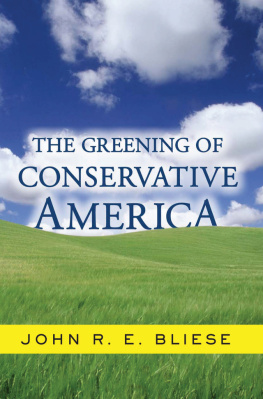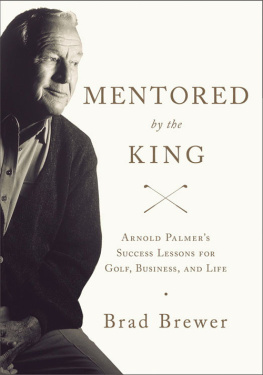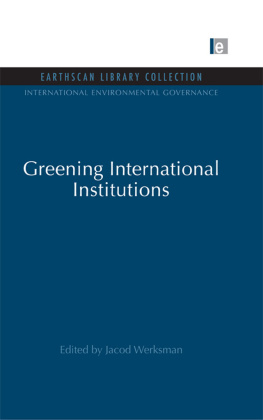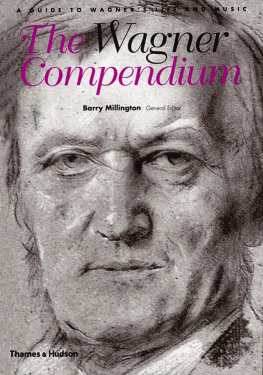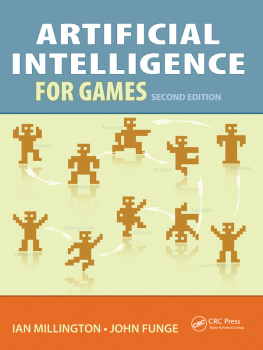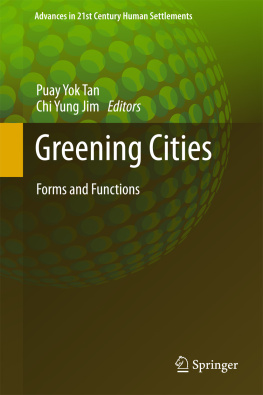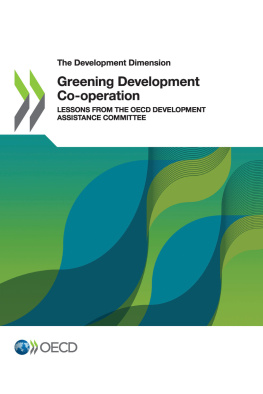Globalizing Sport Studies
Series editor: John Horne, Professor of Sport and Sociology, University of Central Lancashire, UK
Public interest in sport studies continues to grow throughout the world. This series brings together the latest work in the field and acts as a global knowledge hub for interdisciplinary work in sport studies. While promoting work across disciplines, the series focuses on social scientific and cultural studies of sport. It brings together the most innovative scholarly empirical and theoretical work, from within the UK and internationally.
Books previously published in this series by Bloomsbury:
Global Media Sport: Flows, Forms and Futures
David Rowe
Japanese Women and Sport: Beyond Baseball and Sumo
Robin Kietlinski
Sport for Development and Peace: A Critical Sociology
Simon Darnell
Globalizing Cricket: Englishness, Empire and Identity
Dominic Malcolm
Global Boxing
Kath Woodward
Sport and Social Movements: From the Local to the Global
Jean Harvey, John Horne, Parissa Safai, Simon Darnell and Sebastien Courchesne-ONeill
Copyright 2016 Brad Millington and Brian Wilson
The right of Brad Millington and Brian Wilson to be identified as the authors of this work has been asserted by them in accordance with the Copyright, Designs and Patents Act 1988.
Published by Manchester University Press
Altrincham Street, Manchester M1 7JA
www.manchesteruniversitypress.co.uk
British Library Cataloguing-in-Publication Data
A catalogue record for this book is available from the British Library
Library of Congress Cataloguing-in-Publication Data applied for
An electronic version of this book is also available under a Creative Commons (CC BY-NC) licence.
ISBN 978 1 7849 9327 6 hardback
ISBN 978 1 5261 0703 9 open access
First published 2016
The publisher has no responsibility for the persistence or accuracy of URLs for any external or third-party internet websites referred to in this book, and does not guarantee that any content on such websites is, or will remain, accurate or appropriate.
Typeset by Out of House Publishing
There is now a considerable amount of expertise nationally and internationally in the social scientific and cultural analysis of sport in relation to the economy and society more generally. Contemporary research topics, such as sport and social justice, science and technology and sport, global social movements and sport, sports mega-events, sports participation and engagement and the role of sport in social development, suggest that sport and social relations need to be understood in non-Western developing economies, as well as European, North American and other advanced capitalist societies. The current high global visibility of sport makes this an excellent time to launch a major new book series that takes sport seriously, and makes this research accessible to a wide readership.
The series Globalizing Sport Studies is thus in line with a massive growth of academic expertise, research output and public interest in sport worldwide. At the same time, it seeks to use the latest developments in technology and the economics of publishing to reflect the most innovative research into sport in society currently under way in the world. The series is multidisciplinary, although primarily based on the social sciences and cultural studies approaches to sport.
The broad aims of the series are to: act as a knowledge hub for social scientific and cultural studies research in sport, including, but not exclusively, anthropological, economic, geographic, historical, political science and sociological studies; contribute to the expanding field of research on sport in society in the United Kingdom and internationally by focusing on sport at regional, national and international levels; create a series for both senior and more junior researchers that will become synonymous with cutting edge research, scholarly opportunities and academic development; promote innovative discipline-based, multi-, inter- and trans-disciplinary theoretical and methodological approaches to researching sport in society; provide an English language outlet for high quality non-English writing on sport in society; publish broad overviews, original empirical research studies and classic studies from non-English sources; and thus attempt to realize the potential for globalizing sport studies through open content licensing with Creative Commons.
With The greening of golf Brad Millington and Brian Wilson offer a pioneering work in critical studies of golf. Golf is a sport that is broadly popular as an adult participation sport and as a professional spectator sport. It is of truly global reach and it is precisely the clash of its profitable economics and its punishing environmental costs that make it so important. This is in fact the central question of the book: can golf ever become both economically viable and environmentally benign? Does economic health collide inevitably with environmental and human health? Is corporate environmentalism (a claim made, of course, in a great many settings beyond golf) an oxymoron?
The authors explore key issues pertaining to golf and the environment, outline relevant debates within the field of environmental sociology and make clear links to wider research on sport, globalization and social movements. The book assesses golfs turn to reflexive environmental stewardship as well as golf-related protest movements since the 1980s, focusing on both global and local forms of protest activity. Millington and Wilson conclude with a set of recommendations intended to inspire critical thinking about how to promote healthier and more ethical relationships between the golf industry and its numerous stakeholders.
The book offers a wealth of case studies and contextualization in a modern history of golf. In it the authors explore the current global reach of the sport and provide an array of interviews to support their claims and analysis. They offer a persuasive theorization of the politics of the environmental economics of the sport, drawing from the interrelated fields of sociology, critical ecology, organizational studies and social movement studies. Overall their argument is coherent, provocative, and has significance for much broader issues of sport and environmental politics.
John Horne, Preston and Edinburgh, 2015
We first acknowledge the support offered through a Social Sciences and Humanities Research Council of Canada Standard Research Grant (funding reference number 410-2008-2749). We cannot overstate the importance of this sort of financial assistance for endeavours such as this one that are time-intensive and aim ultimately for positive social and environmental outcomes.
We would also like to express our immense gratitude to everyone who generously agreed to share their experiences and perspectives on golf and environmental issues with us over the course of our research. Although we have offered our own take on these issues in the book, through our work we developed a great deal of respect for the many individuals working in, around, and against the golf industry with particular goals in mind. We hope that our document does justice to the issues that these individuals are concerned with, even if our final arguments and conclusions are not necessarily agreeable to everyone.





